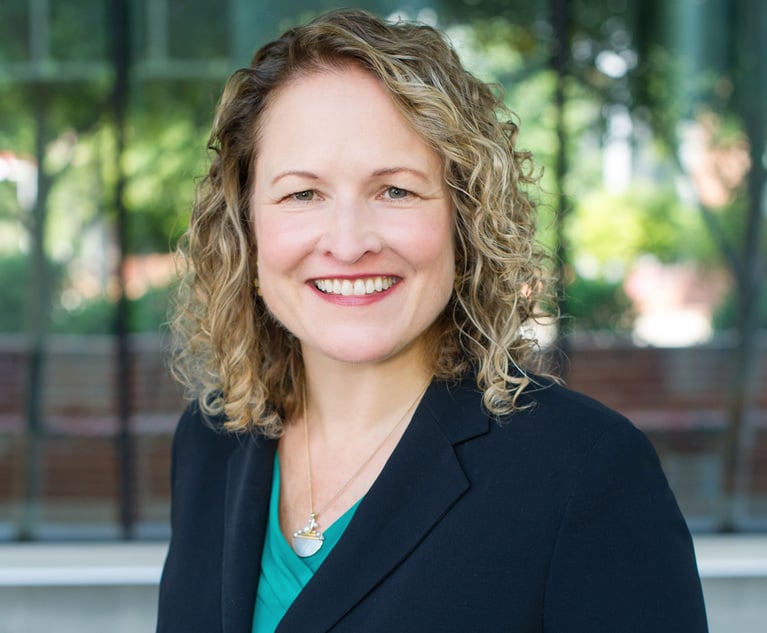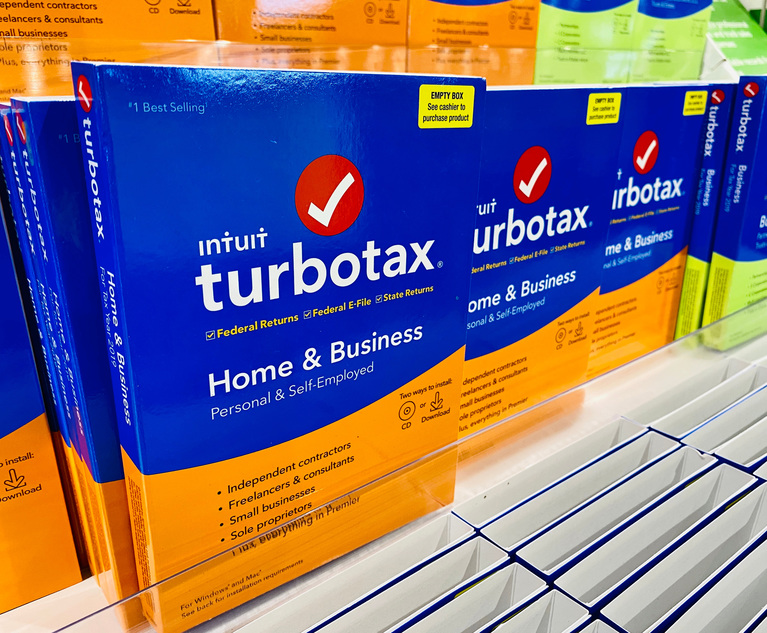Welcome back to Inside Track!
Last week I went to the 2019 Global Ethics Summit in New York and sat in on a panel of in-house counsel discussing ethics in the supply chain. One thing that stuck with me as a great concern for Hershey GC Damien Atkins is climate change.









